At first, it sounded like empty rage. The European Union had spent all week making wild statements about controlling vaccine exports – even challenging the notion of contract law. Tonight, it has started to act on its words and announced it will introduce controls on vaccines made in the EU – potentially giving itself the power to stop Pfizer sending Britain the vaccines it has paid for. Worse, when it made the announcement, it included Northern Ireland.
The EU was set to use the ‘last resort’ mechanism in the recently-agreed Northern Ireland Protocol, Article 16, that can unilaterally impose a land border: something both the UK and EU spent years trying to avoid. When negotiating the Brexit deal, the UK was assured this mechanism would only be used in the gravest of circumstance. As it turned out, the EU was ready to invoke it after just 29 days, not because of Britain’s behaviour. Just out of diplomatic anger.
But the EU has backtracked. The European Commission has issued a statement tonight, announcing that in finalising its plan for export controls, the Northern Ireland Protocol will remain ‘unaffected’. ‘The Commission is not triggering the safeguard clause’ it said.
It’s not surprising the EU has changed tack. Its original plan to invoke Article 16 stunned and enraged political parties across the UK spectrum. As Katy Balls reported on Coffee House, both Conservatives and Labour were pushing back on the decision. Arlene Foster, Northern Ireland’s First Minister, called it an ‘incredible act of hostility’. There was disbelief in Dublin. Micheál Martin urgently rang the European Commission President Ursula von der Leyen to ask what on earth is going on.
The EU claimed it was only using its powers to ‘avert serious societal difficulties’, because of its own failure to get its hands on vaccines. Before it rolled back its plans to take unilateral action, Brussels capped off its defence by presenting Britain as the antagonist. ‘The EU has pushed to co-ordinate the vaccines contract on behalf of the 27 precisely to avoid a vaccines war between EU countries,’ said Didier Reynders, EU justice commissioner. ‘But maybe the UK wants to start a vaccine war.’
Northern Ireland gets its vaccine supplies straight from the UK, something the EU is powerless to prevent, so this was never a matter of it being hit by an export ban directly. What’s made this all the harder to comprehend is that the UK and EU are at the beginning of a new relationship, and the Brexit nuclear button was nearly pressed at a time when no one in Brussels was even suggesting that Britain has done anything wrong.
Article 16 was designed to be used once all other pathways have been exhausted. It was meant as a tool that could be used if there were unexpected issues with the new trade rules that were creating significant economic pain. The EU indicated that its own failure to procure vaccines in a decent timeframe justifies its use. By preparing to trigger Article 16 so quickly and under these conditions, the fear is that the EU has eroded the Protocol, by defining ‘last resort’ this way.
Meanwhile the International Chamber of Commerce pre-empted an export ban – which remains possible, as the EU pushes forward with its controls for other countries – by writing to the European Commission president Ursula von der Leyen yesterday, issuing a warning that any such action could break down vaccine supply chains, as countries take ‘retaliatory action’ against the bloc.
Tonight’s saga is a clear-cut example of how desperate times lead to desperate measures: but countries are defined by what they do in extremis. Producing vaccines is literally a matter of life and death, and the bloc appears to have decided that no actions are off the table.
While some tensions are likely to ease slightly now that the EU has withdrawn Article 16, its decision to take such drastic measures on export controls has confirmed some of the negative comments made about the bloc: primarily that its so-called commitment to rules, laws and institutions only extends as far as its own immediate benefit. It is not on principle, but on sheer opportunism, that it preaches international cooperation.
Its movements tonight will not be forgotten. Countries will question how resilient their trade deals with the bloc really are. Manufacturers will think twice before they set up shop in Europe. It will leave a political mark too, not just tainting the Brexit deal, but impacting debates in the UK: Scottish nationalists may find it harder to argue that Scotland is better off in the EU than the UK, given the way the bloc overlooked NI tonight.
The EU has long had its critics, but the most positive framing of it has always been its promotion of free trade and free people, providing a rules-based framework for poorer European countries living in the shadow of authoritarianism. Tonight, it has managed to undermine even its best credentials.<//>
Got something to add? Join the discussion and comment below.
Get 10 issues for just $10
Subscribe to The Spectator Australia today for the next 10 magazine issues, plus full online access, for just $10.


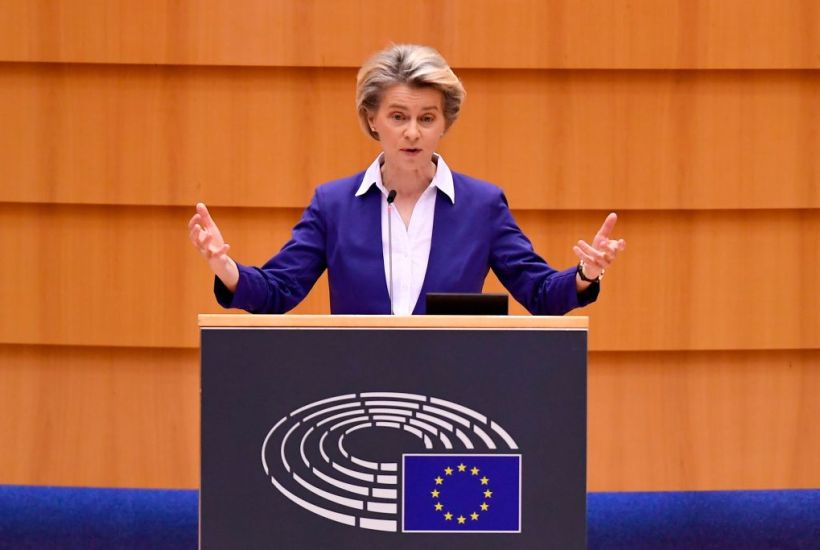
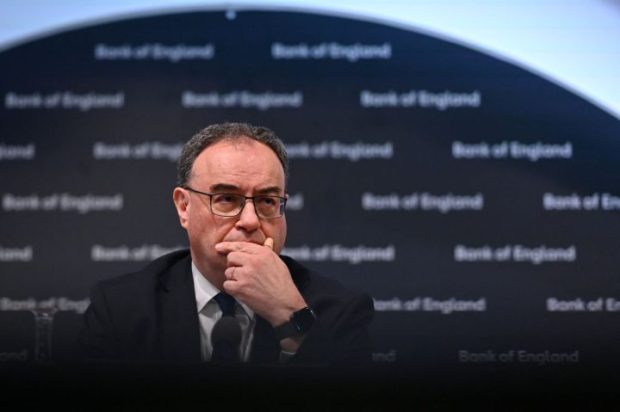
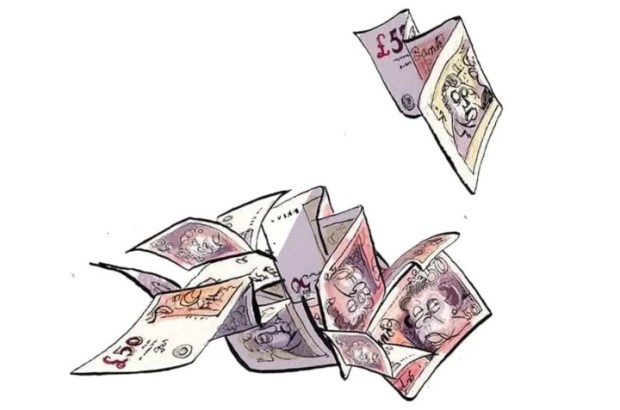
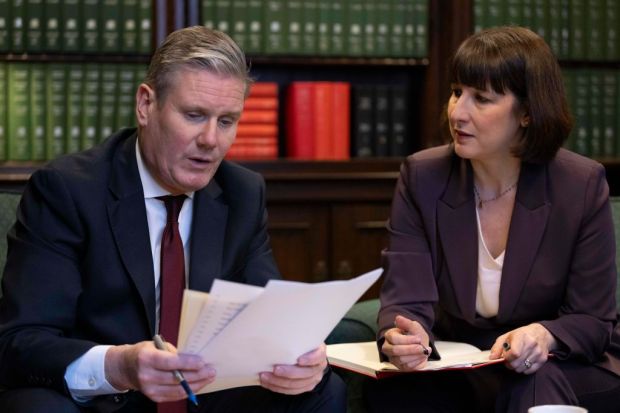
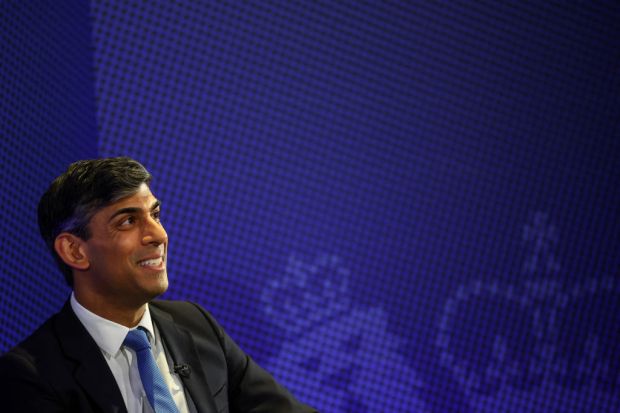
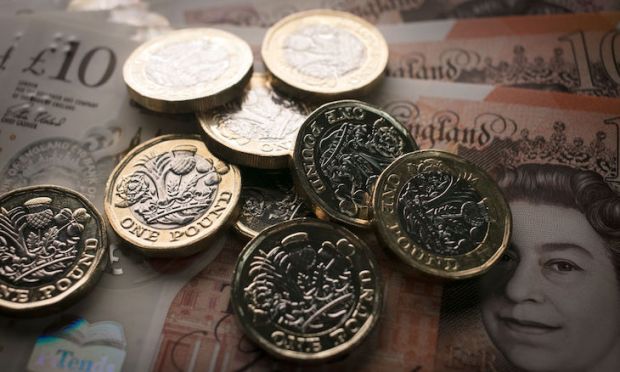












Comments
Don't miss out
Join the conversation with other Spectator Australia readers. Subscribe to leave a comment.
SUBSCRIBEAlready a subscriber? Log in